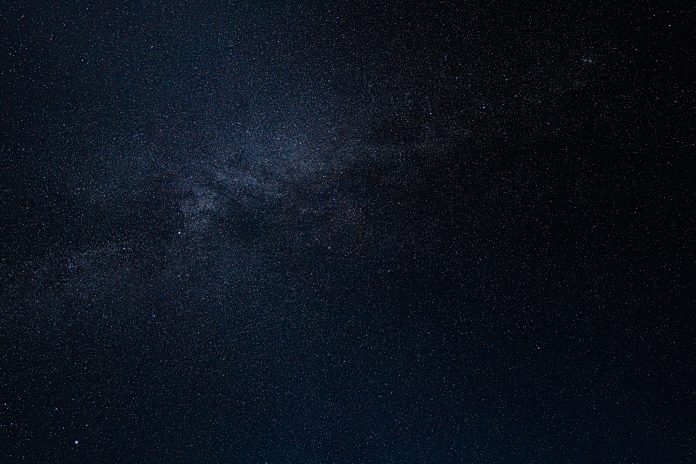Scientists have catalogued almost 700 million astronomical objects in the dark sky using data from the Dark Energy Survey (DES)
Scientists working on the Dark Energy Survey (DES), the most detailed survey ever taken of the dark sky, have released a second set of data revealing nearly 700 million astronomical objects.
It maps over an eighth of the entire sky and adds to the 400 million objects catalogued in the first data set, released in 2018.
The ultimate goal of DES is to better understand the accelerating expansion of the universe and the phenomenon of dark energy.
Professor Ofer Lahav from the University College London (UCL), who chairs the DES:UK consortium, said:
“This is a milestone for this long-term project, defining one of the largest imaging data sets in astronomy.
“The data set has allowed us to not only learn about the mysterious nature of dark energy and dark matter, but it has also led to discoveries in our solar system and in our own Milky Way galaxy, and follow-ups of gravitational wave events and other cosmic phenomena.
“It is wonderful to have this data set available to everyone in the world to mine it and to make more discoveries.”
UK involvement
The UK has been involved in this international project from its conception funding.
STFC’s Director of Programmes, Professor Grahame Blair, said:
“The Dark Energy Survey has given researchers access to unprecedented data of the universe to make new discoveries.
“I am pleased that the UK’s knowledge of precision optics has made this survey possible, by making the lenses and therefore giving the eyes to the camera.
“As well as giving us a better understanding of dark energy, the data produced by the survey will also enable many other studies, from discovering new solar system objects to researching the nature of the first star-forming galaxies in the early universe.”
Dark Energy Camera
Scientists at UCL, with funding from STFC, provided precision optics systems for the Dark Energy Camera, the main tool of the survey.
The universities of Cambridge, Edinburgh, Manchester, Nottingham, Southampton, Sussex and Portsmouth have also been involved in analysing the data.
Collaboration
David Bacon from the Institute of Cosmology and Gravitation, University of Portsmouth, said:
“It has been an extraordinary experience to see hundreds of scientists working together to bring the Dark Energy Survey to this point. The newly released data set is very rich and I can’t wait to see what new surprises people find in it.”
Source:











